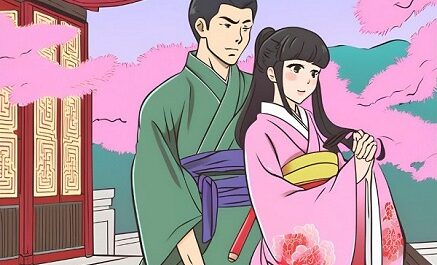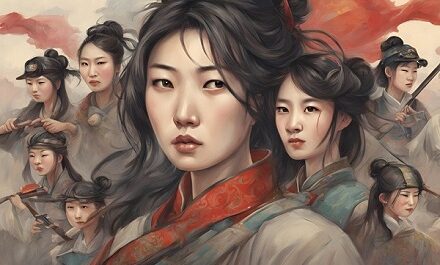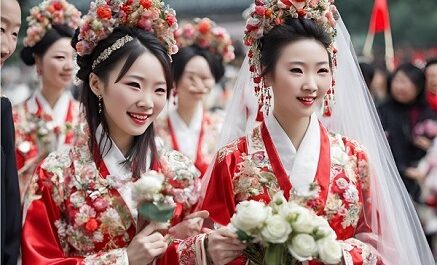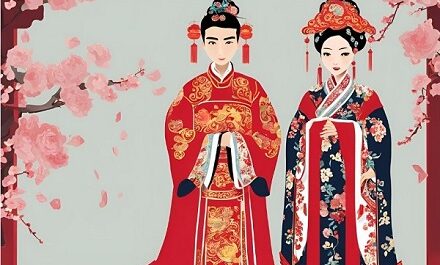Learn Chinese Idiom Name, Pinyin, English
- Idiom in Chinese- 韶华易逝,红颜易老。
- Pinyin of Idiom- sháo huá yì shì, hóng yán yì lǎo.
- Idiom’s Meaning in English– This idiom expresses the fleeting nature of youth and beauty. It means that the best time of life passes quickly, and the beauty of a person fades with age.
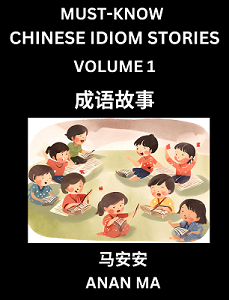
Chinese Idiom Stories Books (HSK All Levels):
- Books to Learn Chinese Idiom Stories (Part 1)
- Books to Learn Chinese Idiom Stories (Part 2)
- Books to Learn Chinese Idiom Stories (Part 3)
Learn Chinese Idiom Story in English (成语故事的英文)
In an ancient kingdom, there lived a beautiful princess named Qing’er. Although she was naturally charming and striking, she longed for eternal youth. One day, she encountered a mysterious old man who told her of a secret that could grant her everlasting youth. Excited, Qing’er sought the old man’s advice. He told her that to maintain her youth, she must abandon the hustle and bustle of the world and devote herself to cultivation.

Although Qing’er was tempted, she could not bear to leave her kingdom and loved ones. She decided to enjoy her youth for a while before embarking on her cultivation. However, as time flew by, Qing’er found herself nearing forty. Looking into the mirror, she regretted seeing her beauty fade.
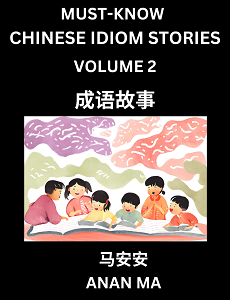
Remembering the mysterious old man and his secret, she went to search for him. But the old man had vanished. Qing’er realized that youth and beauty were fleeting and could not be preserved forever. She lamented the fleetingness of her youth and the fading of her beauty, resolving to cherish the rest of her life and live it well.
Learn Idiom Story in Chinese (成语故事)
在古代的一个王国里,有一位名叫晴儿的公主,她天生丽质,美丽动人。然而,晴儿公主并不满足于自己的美貌,她更希望拥有永恒的青春。
有一天,晴儿公主遇到了一位神秘的老人,他告诉晴儿公主有一个可以让她永葆青春的秘诀。晴儿公主非常高兴,立刻向老人请教。老人告诉她,要永葆青春,就必须舍弃人间的繁华和世俗的纷扰,专心修炼。
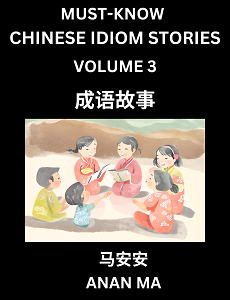
晴儿公主虽然心动,但她舍不得自己的王国和亲人。于是,她决定先享受一段青春的时光,再去修炼。然而,时光荏苒,转眼间晴儿公主已经年近四十。她看着镜中逐渐衰老的自己,心中不禁惋惜。
这时,她想起了那位神秘的老人和他说过的秘诀。但是,当她再次去寻找老人时,却发现老人已经不见踪影。晴儿公主这才明白,青春和美貌都是短暂的,无法永葆。她感叹韶华易逝,红颜易老,决定珍惜剩下的时光,过好自己的生活。
Learn Keywords with English, Simplified Chinese Characters, and Pinyin (关键词)
- 晴儿公主 (Qíng’ér Gōngzhǔ): Princess Qing’er
- 神秘老人 (Shénmì Lǎorén): Mysterious Old Man
- 青春 (Qīngchūn): Youth
- 修炼 (Xiūliàn): Cultivate oneself
- 时光荏苒 (Shíguāng Rěnrǎn): Time flies
- 镜中 (Jìngzhōng): In the mirror
- 惋惜 (Wǎnxī): Regret
- 秘诀 (Mìjué): Secret formula
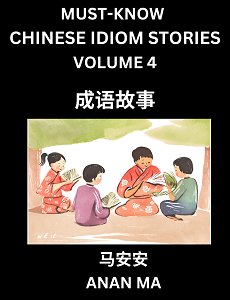
Pinyin of Idiom Story (故事的拼音)
Zài gǔdài de yīgè wángguó lǐ, yǒuyī wèi míng jiào qíng er de gōngzhǔ, tā tiānshēng lìzhì, měilì dòngrén. Rán’ér, qíng er gōngzhǔ bìng bù mǎnzú yú zìjǐ dì měimào, tā gèng xīwàng yǒngyǒu yǒnghéng de qīngchūn.
Yǒu yītiān, qíng er gōngzhǔ yù dàole yī wèi shénmì de lǎorén, tā gàosù qíng er gōngzhǔ yǒu yīgè kěyǐ ràng tā yǒng bǎo qīngchūn de mìjué. Qíng er gōngzhǔ fēicháng gāoxìng, lìkè xiàng lǎorén qǐngjiào. Lǎorén gàosù tā, yào yǒng bǎo qīngchūn, jiù bìxū shěqì rénjiān de fánhuá hé shìsú de fēnrǎo, zhuānxīn xiūliàn.
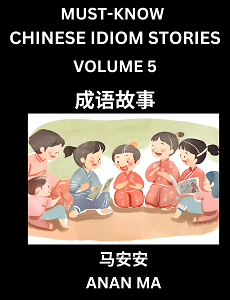
Qíng er gōngzhǔ suīrán xīndòng, dàn tā shěbudé zìjǐ de wángguó hé qīnrén. Yúshì, tā juédìng xiān xiǎngshòu yīduàn qīngchūn de shíguāng, zài qù xiūliàn. Rán’ér, shíguāng rěnrǎn, zhuǎnyǎn jiān qíng er gōngzhǔ yǐjīng nián jìn sìshí. Tā kànzhe jìng zhōng zhújiàn shuāilǎo de zìjǐ, xīnzhōng bùjīn wànxí.
Zhè shí, tā xiǎngqǐle nà wèi shénmì de lǎorén hé tā shuōguò de mìjué. Dànshì, dāng tā zàicì qù xúnzhǎo lǎorén shí, què fāxiàn lǎorén yǐjīng bùjiàn zōngyǐng. Qíng er gōngzhǔ zhè cái míngbái, qīngchūn hé měimào dōu shì duǎnzàn de, wúfǎ yǒng bǎo. Tā gǎntàn sháohuá yì shì, hóngyán yì lǎo, juédìng zhēnxī shèng xià de shíguāng,guò hǎo zìjǐ de shēnghuó.
